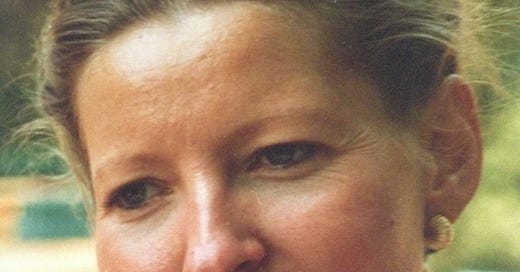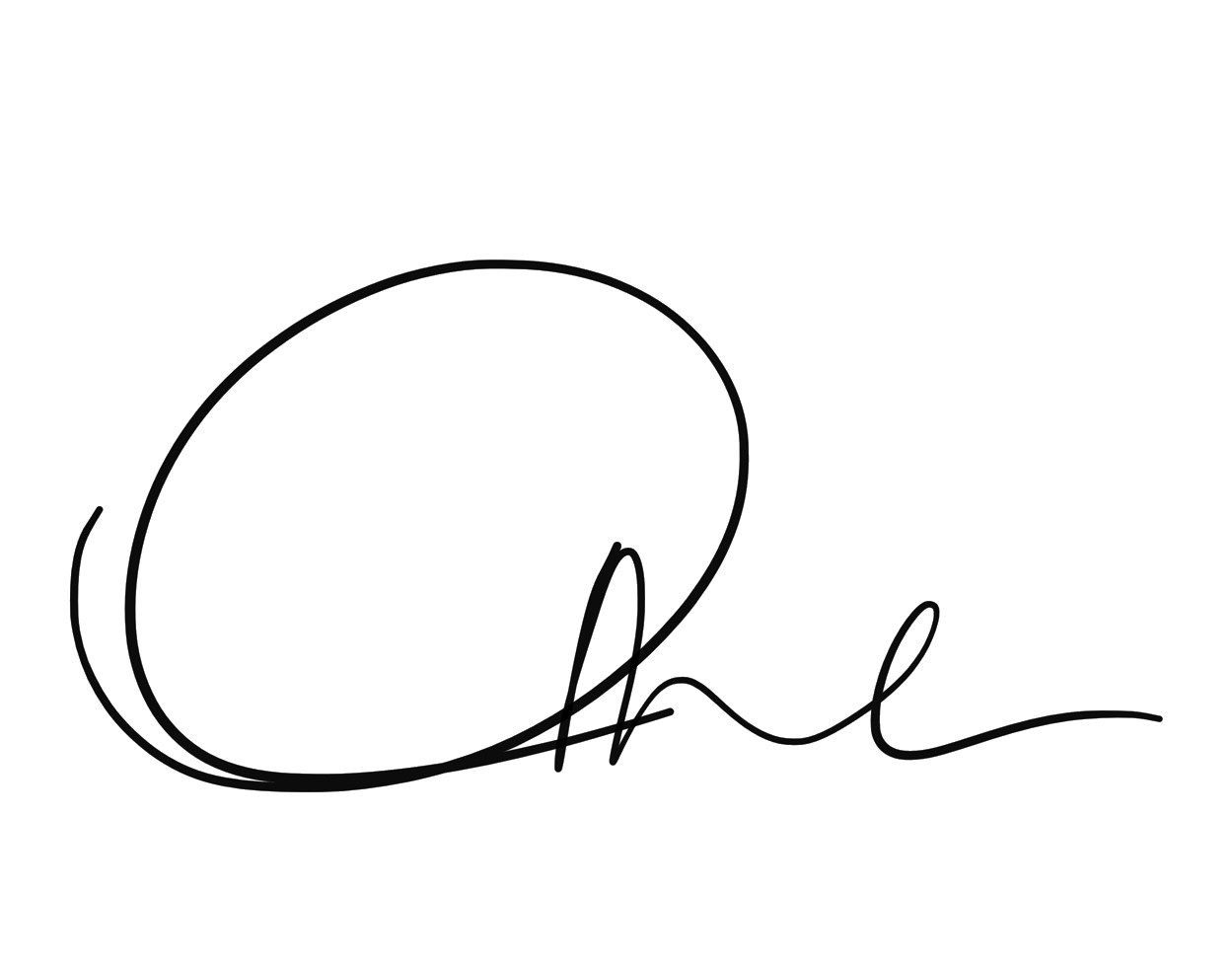Praising my mother is something you’re unlikely to hear or read from me very often. Firstly, because she is no longer here: she left this earth and her body in March 2014. And then, the second reason is that she was a profoundly complicated woman.
Her passing feels like it was ages ago. Beyond her absence, which I have adjusted to, what strikes me is the distance between who I was then and who I am today. And that is largely due to the loss of her, and the loss of my father in 2018. I’d heard that grief changes you. That’s not just a line.
How we talk about our life is another form of storytelling. How we recall memories, good and bad, how we recount them to ourselves and pass them on to others helps make up the identity that makes the ‘I,’ that I like to refer to as the ego (not in a negative sense, but as a construct).
Sometimes one word, or one sentence, one piece of positive reinforcement from a parent, teacher or friend, will transform us and unlock possibilities.
While walking the dog the other night, gazing at the glossy dark leaves on the ground after the rain, waiting for him to relieve himself, a thought popped into my head:
What would my dad think of the life I live today?
As many parents would have been, he was rather unhappy about my early pursuits of a musical career.
He only became comfortable with my life choices when he heard me praised by a couple of his close friends, a kind British couple who took me out to dinner one night in London. The external approval from these people who were closer to my world than he was, soothed him. Phew, I did okay; she’s okay. Later, he even came to approve of my job, as it bore the markers of success, financial and otherwise.
You may think: hold on, Anne, weren’t you supposed to be praising your mum in this post? Yes, I’m getting to it.
You see, my father was a larger-than-life character. He was the sort of person who would light up a room, the life of the party sort of guy. I was a daddy’s girl pretty much since I was born. We were thick as thieves as I was growing up and even later on, which aggravated my mother immensely because our personalities took up a lot of space in the house.
From him, I inherited a sense of connection to the world around me, a love of philosophy and ideas, an insatiable love of learning, a pull toward mysticism and contemplation (although he was Protestant, and I consider myself a non-religious Buddhist with Hindu leanings).
He imbued me with confidence early on. I heard ‘ma fille est intelligente’ being repeated around, his voice proud, so eventually, I integrated this into my personality. Someone intelligent walks through life with a sense that they can do things right. At least some of the time! Or that things will eventually work out.
That said, despite being a kind and caring father, he grew up in a different world than the one I evolved in. Some of his opinions on careers and lifestyle were antiquated, particularly when it came to his only daughter.
Meanwhile, the model mum I knew from ages zero to ten got very sick just as I entered my pre-teens. Our relationship went from bad to worse for the following years until I eventually moved away to London. Only then did it start to mend. My beautiful mother had been anorexic since her teens. She also suffered from depression alongside suicide attempts and alcoholism.
What I felt from her, from a young age, is that my mother made choices that she despised. Did she hate herself for them? It’s possible. She’d gone from a traumatic childhood with overbearing disciplinarian parents to a loving husband, but much older than her. She never took time to know herself on her own, neither did she work on herself, and never tried to heal.
Much like her mother before her, I don’t think she really wanted to have children. She was romantic, sweet, very caring, and delicate. She worked first for my father as his nurse assistant (he was a doctor, gynaecologist, obstetrician and surgeon). Later she re-trained, looking after elderly people for a while.
While she had excellent nurturing instincts towards others, I wish she would have used these skills on herself first, like self-compassion, you know.
Untreated for most of her life, her anorexia played a part in her mental health challenges. She was always weak, a malnourished type of skinny that felt uncomfortable to my younger eyes.
Where’s the praise, Anne? Where’s the praise? This is sad!
I was still pondering on this whilst journaling the following day. I stopped and thought:
Which of my parents influenced me to lead the life I lead today?
Did one more than the other affect or guide my trajectory? After all, I have gone on to do many wonderful things, and I have big ambitions for what will come next, in both my personal and professional life. What is making me believe I can do this?
EMPOWERING WORDS
The answer was clear and only a tad surprising. A memory emerged. One of hearing my mother saying to me, as she was tucking me into bed:
“You can be anything you want to be, ma chérie.”
She said it often, before she got sick. Her tone was filled with something like sweetness and hope.
It was my mum who empowered me, not my dad.
My sad mum, who wished she had a different life for herself, told me over and over again that I could do and be anything I wanted. She also said I could build my life without a man, without needing to be married. She was resentful of her own commitment; that was clear. It sounded like she didn’t wish it for me. I’m single today, and I choose to liberate myself from her own story because I have no such issue. I’d love to find the right guy and, if it feels right, even get married.
At times, in my twenties and thirties, I wondered whether my mother liked me. I knew she loved me, but did she like me? I remember her lips tightening, her gaze cold occasionally, when she disapproved of my language, my clothes, the lack of makeup on my face, or my life choices.
Eventually, however, in a surprising twist, I found that my mother admired me. She was proud that I had carved a life for myself, away from the expectations that had borne such a weight on her shoulders. She was proud I was standing on my own, happy in myself, flawed as everyone is, yet unapologetic.
Yesterday was International Women’s Day, so it felt just right to peer into this story of mine. Despite all the heartache, disconnection and difficulties we lived through, my mother was my champion, if in her own complicated way. And it’s brimming with pride that I embrace the gift she gave me, trusting that I can be anything I want to be.
AND TO MY OTHER MOTHERS
I had the great privilege of finding women mentors, first music teachers, and later when I started working. They were sticklers for details; they taught me dedication, service, empathy, hard work and did so while mothering me each in their own way. I wouldn’t have made it to where I am today without their love, their support and their sense of humour. I name them today in gratitude: thank you Pipitza Frizzoni, Sue Wark, Nicole Rubinstein, Diane Behnia, Soudabeh Amir Aslani, and in loving memory of Nazak Behnia and Basia Retchitzka.
I’d love to learn about the women who made you who you are today. Who offered a word of encouragement when you needed it? Who picked you up when you fell? Who trusted you when you didn’t trust yourself? Whoever comes to mind, perhaps give them a call, drop them a line, or just send some silent gratitude to them. I want to believe that wherever they are, they will receive it.
Thank you. Until next week.









Anne this is such a well written and heartwarming testimonial. Bravo for figuring these giant questions we all have!
I loved this article. Painfully honest but with your usual warmth and humour